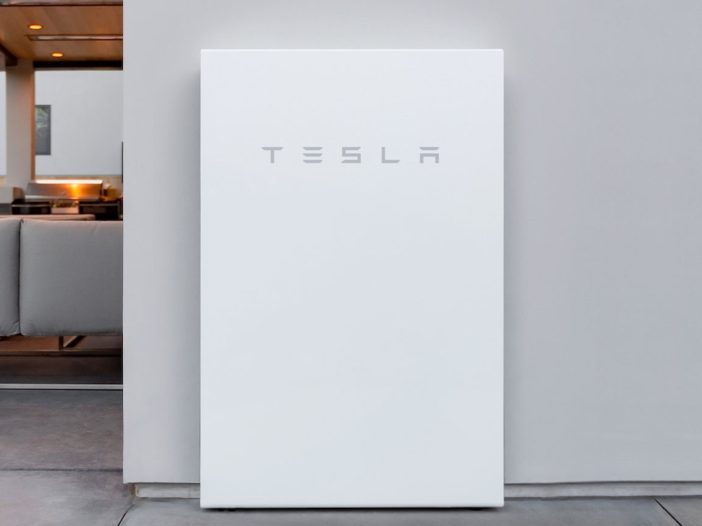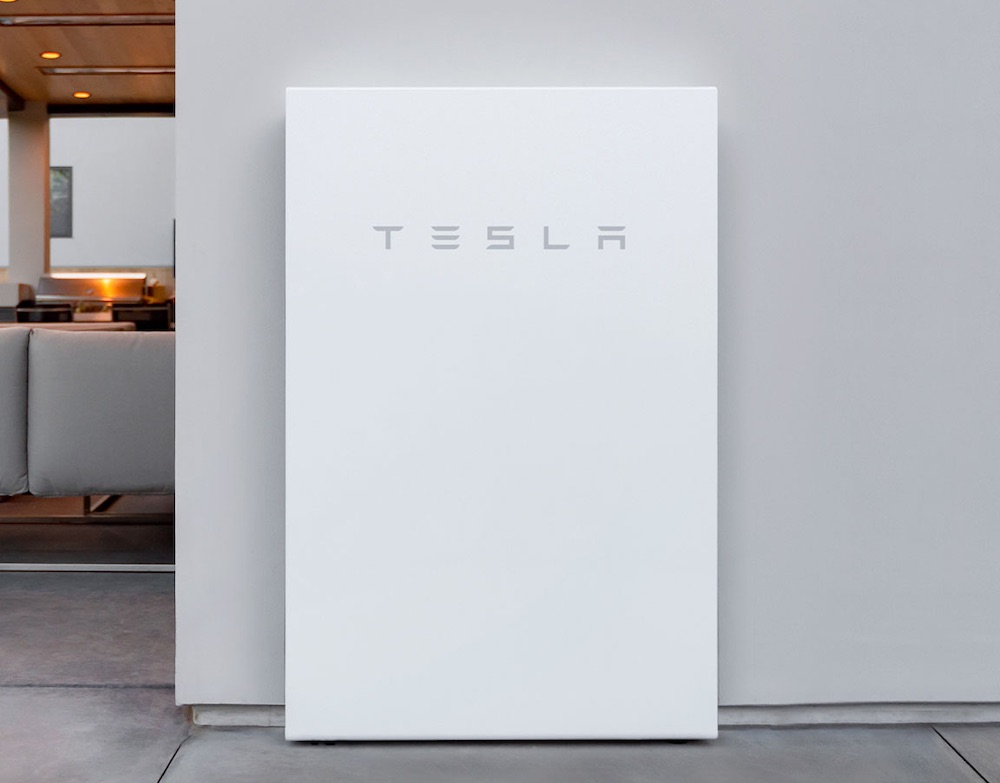
Elon Musk has laid bare the extent of Tesla’s Powerwall 2 supply problem, telling a Delaware court that demand for the popular home battery energy storage system was currently outpacing production almost by a factor of three.
During his testimony to the court about Tesla’s 2016 acquisition of PC company SolarCity, Musk said demand for the 13.5kWh batteries currently stood at around 80,000 units, while the company was on track to produce less than half of that this quarter.
A report on news website CNBC said the absolute “best case,” according Musk’s comments, were that Tesla would produce 30,000 to 35,000 Powerwalls over the period ending in September – a situation he put down to current ongoing battery cell shortages.
Already the supply backlog has caused Tesla to raise the price of the home battery – including in Australia where the price has gone both up and down over the past eight months, from $A11,700 to $12,500 in October 2020, and then to $A13,300 in February and back down to the current price of $12,750 (including GST, excluding installation costs).
Tesla flagged backlogs in its energy storage products back in its Q3 earnings call in October of 2020, thanks to a combination of a huge increase in demand for batteries – big, small and on wheels – and a shortage of battery cells.
“We just need more cells,” Musk had lamented, summing up a problem that global analyst group Morgan Stanley had been predicting would get worse before it got better, and could spread to EV makers beyond Tesla.
Musk’s comments to the court, which has been investigating the Tesla’s CEO’s role in the board’s decision to spend $2.6 billion to acquire SolarCity in 2016, suggests the problem is not yet letting up.
How the shortage might affect Australia is unclear, with the home battery market still in its infancy, lagging well behind rooftop solar in both price and uptake.

Sophie is editor of One Step Off The Grid and deputy editor of its sister site, Renew Economy. Sophie has been writing about clean energy for more than a decade.

